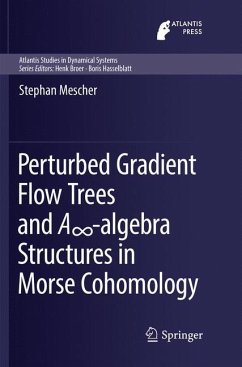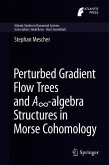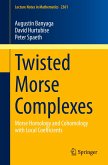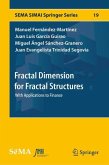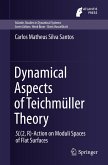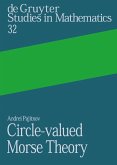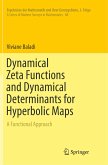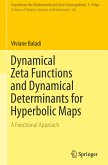This book elaborates on an idea put forward by M. Abouzaid on equipping the Morse cochain complex of a smooth Morse function on a closed oriented manifold with the structure of an A -algebra by means of perturbed gradient flow trajectories. This approach is a variation on K. Fukaya's definition of Morse-A -categories for closed oriented manifolds involving families of Morse functions. To make A -structures in Morse theory accessible to a broader audience, this book provides a coherent and detailed treatment of Abouzaid's approach, including a discussion of all relevant analytic notions and results, requiring only a basic grasp of Morse theory. In particular, no advanced algebra skills are required, and the perturbation theory for Morse trajectories is completely self-contained.
In addition to its relevance for finite-dimensional Morse homology, this book may be used as a preparation for the study of Fukaya categories in symplectic geometry. It will beof interest to researchersin mathematics (geometry and topology), and to graduate students in mathematics with a basic command of the Morse theory.
In addition to its relevance for finite-dimensional Morse homology, this book may be used as a preparation for the study of Fukaya categories in symplectic geometry. It will beof interest to researchersin mathematics (geometry and topology), and to graduate students in mathematics with a basic command of the Morse theory.

